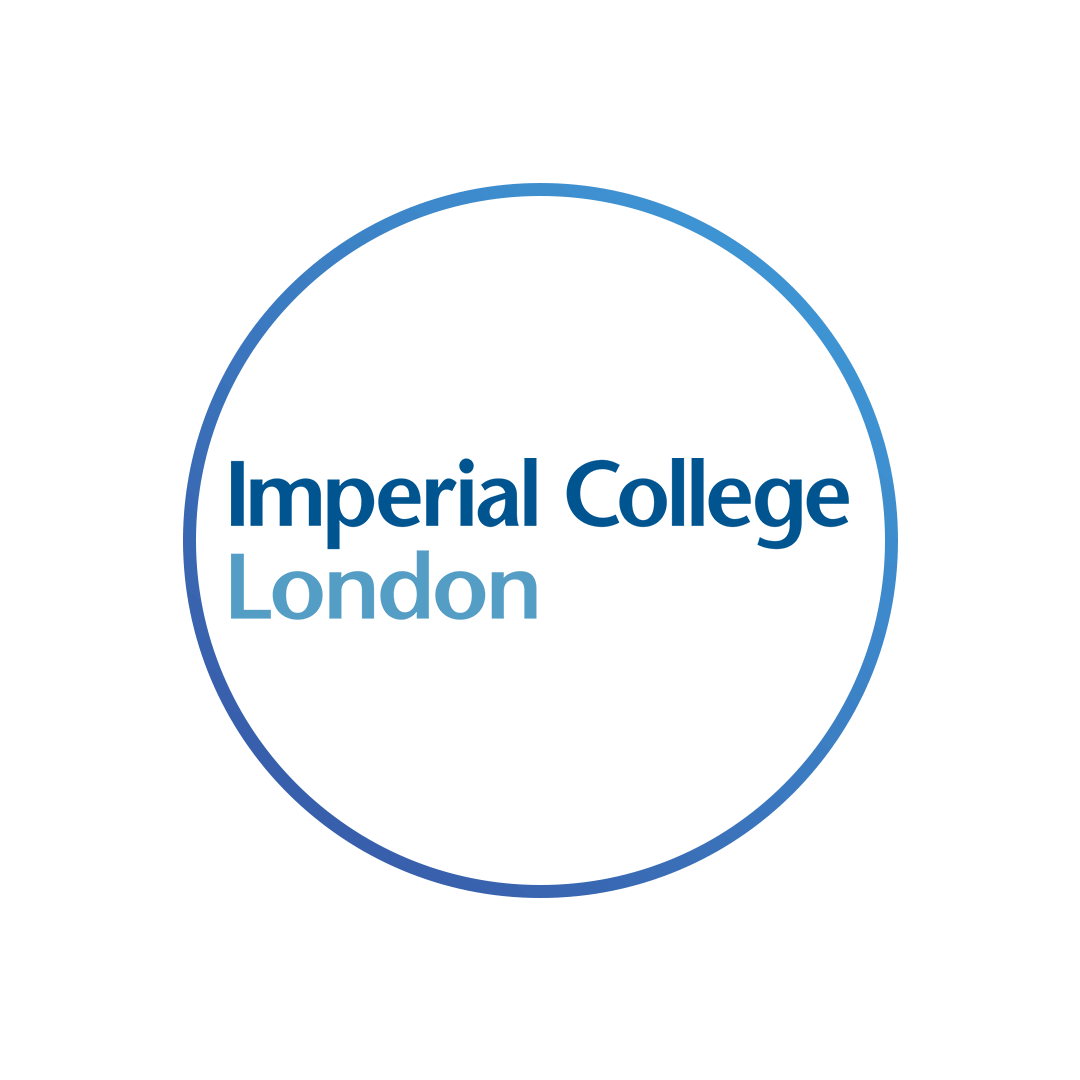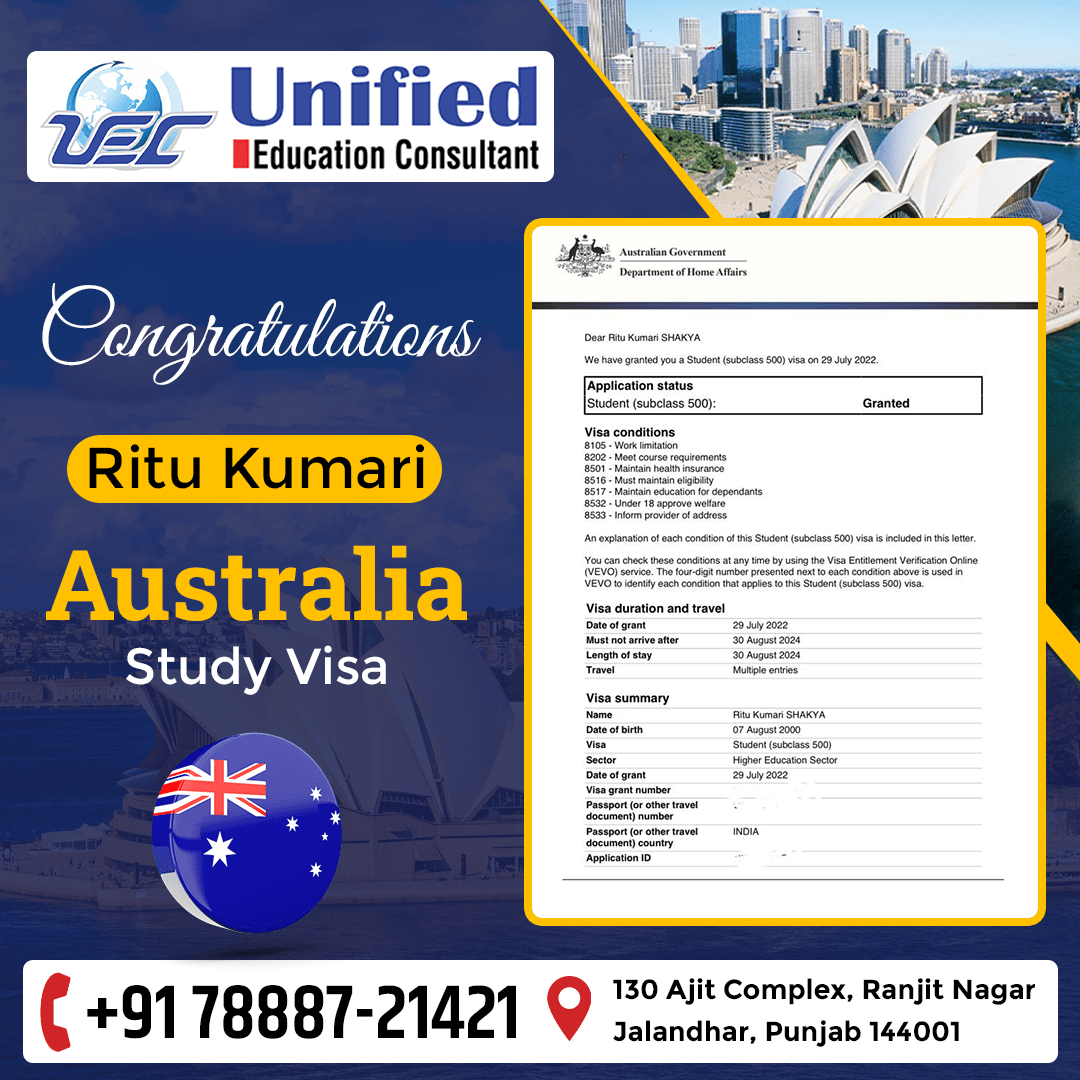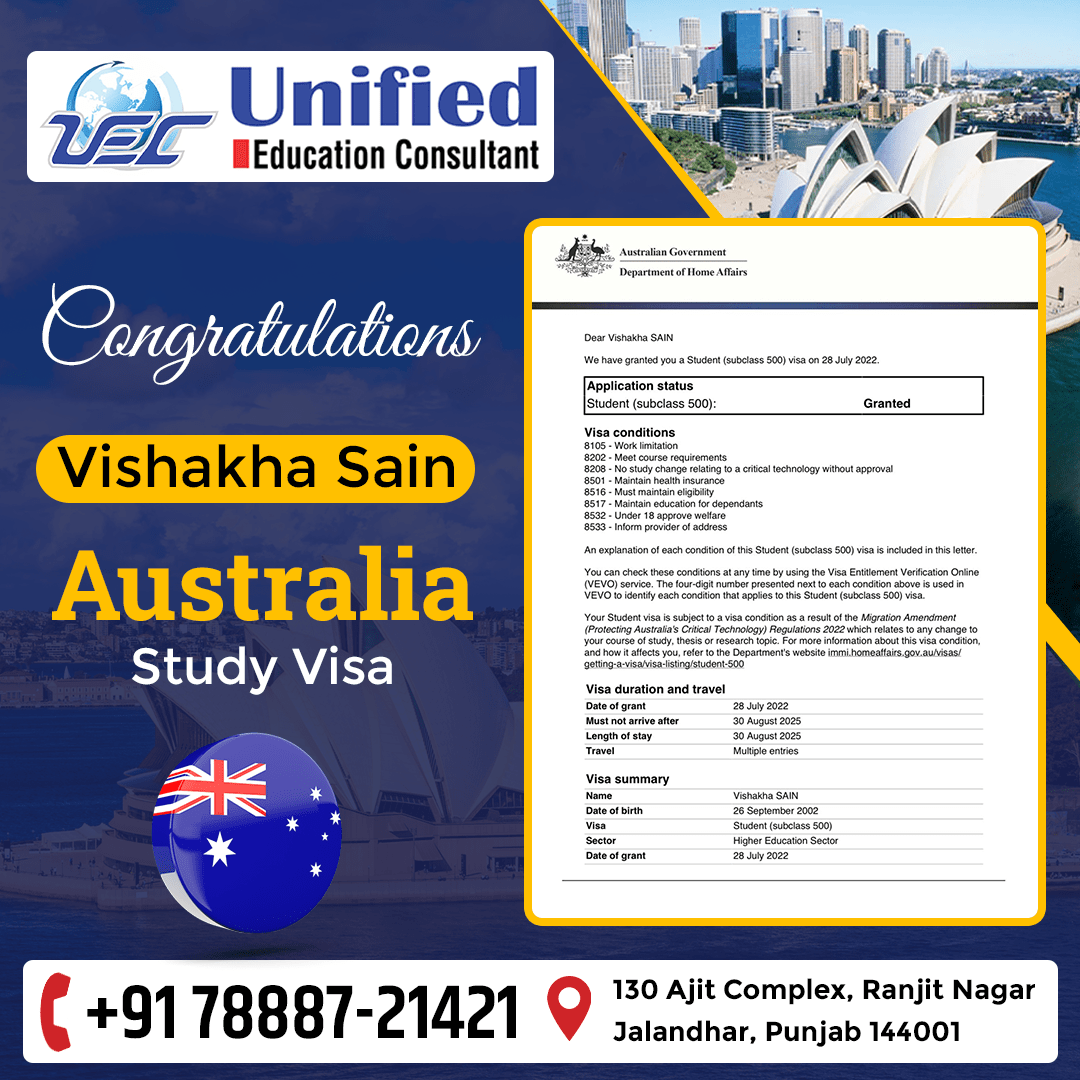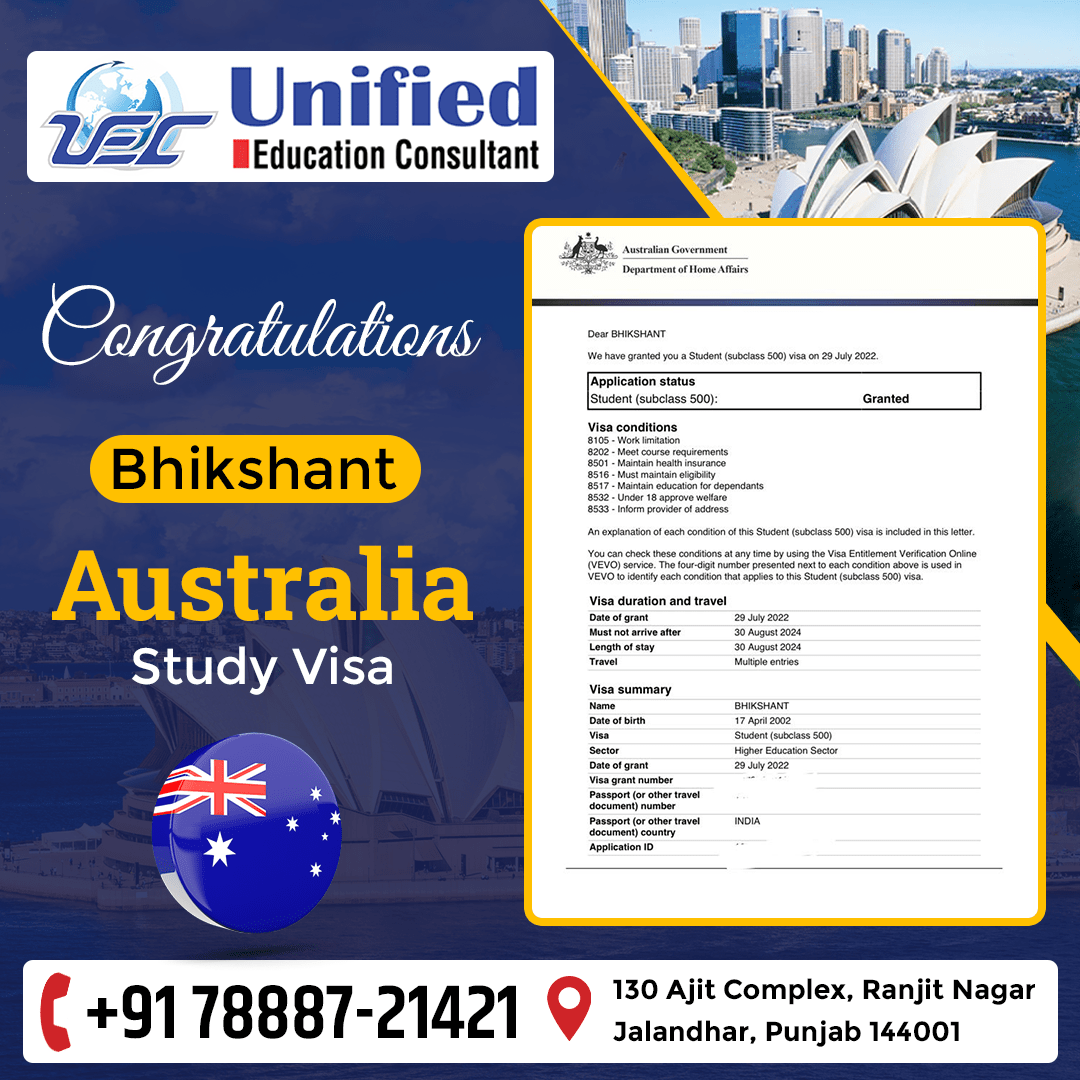
STUDY IN MALTA
WHY STUDY IN MALTA?
As far as international study destinations go, Malta may not be the first place on many people’s lists. However, there are many advantages to studying on this small and beautiful Mediterranean nation. A real hidden gem for international students with a sense of adventure, Malta offers an excellent standard of education, an affordable standard of living, and plenty of exciting career opportunities in industries of the future such as gaming, blockchain, and AI. What’s more, Malta is a country that values the importance of university graduates. Skilled graduates who stay or move to Malta can benefit from tax breaks, fast-track visas, and free support to help start a new business. Here are six reasons to study in Malta.
Promoting international study
Education Malta is a not-for-profit organization that promotes the internationalization of education in Malta and invites foreign universities to set up a presence on the island. Launched in 2016, it has already made major strides towards integrating Malta into the global education market. It is now a part of the EU’s Study in Europe project and the Global Education Network.
Delegates from Education Malta regularly attend conferences and international education fairs in Russia, the USA, Switzerland, Italy, and China. In October 2019, a delegation led by the President of the Shanghai University of Political Science and Law visited Malta to discuss plans to open a satellite campus. Talks are ongoing, but a new campus could be open as soon as next year. In the meantime, the Guangdong University of Technology and the Malta College of Science and Technology (MCAST) have partnered to administer a brand new BSc in Engineering. The course will be held at the MCAST campus in Malta and is open to all students.
Financial benefits
In 2018, the Maltese government announced a tax break for postgraduates entering the workforce. Anyone with a master’s degree is exempt from paying tax for one year, while PhD graduates get an impressive two-year tax break. The new rules also apply to graduates who studied part-time, although they only get a 50% discount on income tax.
The scheme will cost the Maltese government around €7 million ($8.3million) per year in lost tax revenue. However, this is very much an investment in the future. The tax breaks are designed to attract the best and brightest students from all over the world, meeting Malta’s rising demand for highly trained professionals. “We currently have 1,600 people working within research and development, but we would like to have 4,500,” says finance minister Edward Scicluna. “Over the next four years, the demand for professionals and management roles is going to increase by 40,000.”
A great place to improve your English
Malta is a great place to learn the lingua franca of the global business economy — English. Around 75,000 international students enroll in English language courses every year. A large proportion of the students come from Italy, while Malta also attracts a significant number of French and German learners. Some travel from much further afield, including South America, the Middle East, and South Korea.
The majority of international students arrive in July, combining a summer vacation with a chance to improve their English. General English is the most popular course. It focuses on four key language skills – reading, writing, listening, and speaking – with additional work on vocabulary, grammar, and pronunciation. Courses are between 15-30 hours a week, which includes a significant amount of one-to-one tutoring. Other course options include intensive English, English for work, business or academic English, and 50+ programs tailored to mature students.
Exciting job opportunities
Back in 2004 Malta rewrote its regulation for iGaming, a multi-billion dollar industry which includes sports betting, online poker, and other forms of online gaming. The new regulations reduced business rates, cut taxes, and fast-tracked visa applications for highly-skilled workers. These new rules made Malta an attractive destination for igaming companies, and this small Mediterranean island is now home to some of the biggest names in the business, including UK’s PlayFrank and Paddy Power/Betfair.
Financial experts believe Igaming will be worth around $127billion by 2027. That means plenty of well-paid job opportunities for skilled graduates. iGaming companies are always on the look-out for coders, designers, business development managers, analysts, account executives, traders, and data scientists. The majority of these roles offer generous remuneration packages, especially as you progress to more senior positions. For example, entry-level data analysts earn around $39,000 a year, while a head of business data and intelligence can command a salary of up to $90,000.
Supporting Startups
“Sun, sea, sand, surf and start-ups” – that’s the motto of Start-Up Malta, The nonprofit organization connects entrepreneurs with investors, provides financial, and technical mentoring, and helps transform ideas into products or scalable services. It’s a fantastic service for young innovators who are great at coming up with new concepts but lack some of the more practical business skills. Moreover, it’s completely free. Unlike similar organizations, Start-Up Malta charges no pitch fees and no deals fees.
In the last few years, Start-Up Malta has helped launch hundreds of exciting new ventures. They include Founders Bank, a new type of bank looking to disrupt traditional finance and credit models; EZ365, a new platform for trading digital currencies and assets; and Quidaz, a cryptocurrency exchange. Quidaz is opening up crypto to the African market, connecting millions of people from developing countries with this revolutionary technology.
Then there’s EBO. Founded in 2017 thanks to seed investment sourced through Start-Up Malta, EBO is an AI-driven ‘customer service’ provider. It is automating customer service on a global scale, providing a greater level of service for customers and driving growth for businesses. Many companies who use EBO’s AI agents have seen a 200% increase in customer satisfaction levels, a 30% reduction in the number of unnecessary calls, and a 1.5x boost in cross-selling services. EBO’s founder is George Gatt. He graduated from the University of Malta with a sociology degree before going on to complete a doctorate in Information and communications technology (ICT) law. So if you have a big idea you want to get off the ground, Malta could be the place to make it happen!
A high standard of living
Malta is a stable eurozone economy with a welcoming business environment. It’s an ideal place to start a career or launch your own venture. However, it’s also a great (and very safe) place to live. Firstly, there’s the weather; Malta enjoys around 300 days of sunshine every year, with an average summer temperature of 78.8°F. It also has some of the most beautiful beaches and holiday resorts in Eupre, so you won’t have to travel very far to enjoy a relaxing break. Alternatively, students can easily visit one of the many interesting sights, like the Valletta Fortress or the ancient “Silent City” of Mdina (so named because there are no cars and the city of just 300 falls wonderfully silent and dark by night). Or you could take a trip to the Ġgantija Temples. A World UNESCO Heritage site, the Ġgantija Temples are the oldest, free-standing monuments in the world. They were built around 1,000 years before the Pyramids of Giza.
If ancient history isn’t your thing, then spend your weekends at the bars, coffee shops, and restaurants along the Maltese coast. Like many of its Mediterranean neighbors, Malta is famous for its rustic national cuisine, delicious seafood, and warm hospitality. Plus, as long as you avoid the tourist traps, you will find plenty of places to eat out on a student budget.
Malta is a country where you can get a great education, enjoy a high standard of living, and meet lots of interesting people from all over the world; and that’s just the beginning of your adventure. After graduating, you have all the support you need to start a career or even build your own business.
REQUIREMENTS TO STUYD IN MALTA
Higher education was introduced in Malta and influenced by the British education system, of which they once were apart. In 1996, computers were introduced, creating great change in the university environment and opening many doors to careers in fields such as computer information systems, technology, and advanced programming. The highest educational institution in Malta which offers Bachelor of Science degrees is the University of Malta. It is a member of the Association of Commonwealth Universities and is the single institution of higher education in the area. Admission to the university is determined by Matriculation exam results for students wanting to pursue career paths in most fields but can be based on the level of maturity and experience in fields such as the Arts and Sciences. The university system is divided into 14 different faculties and areas of study including the Arts, Education, Engineering, Law, Medicine, Media, and Technology fields.)
Malta is called the “hidden gem of the Mediterranean,” because it is surrounded by interesting geographical locations such as Sicily and Alexandria, as well as the fact that it is beautiful in and of itself. In addition, it is a great place to study that is set apart from the rest of the world due to its natural landscape, beautiful lakes, and oceanfront views. Health insurance is entirely free to Maltese residents. International students would need some private insurance but the health care in Malta is widely considered to be the 5th best in the world. Malta is a relatively peaceful country surrounded by beauty and there is a wide variety of career choices students may choose to focus on. The electronics field and computer technology are becoming a very popular major, as is the field of Education, Engineering, and Medicine. Whatever the preference a student wants to focus on, they will find many options with an education from the University of Malta. Some students decide to take up permanent residence in Malta once they complete their educational requirements. There are many reasons for this, one of which is the free health care and other factors that attract many to make Malta their permanent home. Whether you just want to study there or live there for good, Malta has a lot to offer which will be the kind of educational experience you will not soon forget.
DOCUMENTS REQUIRED FOR YOUR STUDENT VISA FOR MALTA ARE:
The following is a list of common documents required for a short-term Malta Schengen visa:
- A filled and signed visa application form.
- Two recent passport-sized photos taken in the last three months must be attached to the visa application form.
- A passport that should not be more than 10 years old, and should have a validity of at least three more months than the duration for which you intend to stay in Malta.
- You will have to attach proofs of your round-trip tickets, hotel reservations, and your tour itinerary in Malta.
- You must produce your travel insurance policy, which has a coverage of at least 30,000 euros for medical emergencies, such as diseases, accidents, or repatriation in case of death. Getting this travel insurance from Bharti Axa would be ideal as it would cover all the possible contingencies.
- You will also have to submit the proof of your accommodation during your visit to Malta. It can be a hotel or a hostel booking, a rental agreement, a letter of invitation from a friend or family member who is inviting you, etc.
- You will also have to submit the proof of your financial means showing that you will be able to support yourself financially during your stay in Malta. This can be your bank statement for the last three months, or the bank statement of your sponsor, also spanning the last three months.
- Proof that you have paid the visa fee, which is 60 euros for adults and 35 euros for children between 6 to 12 years of age.
MALTA ADMISSION REQUIREMENTS
Popular Universities in Malta
The predominant university choice is the University of Malta and that is where most people in Malta choose to go unless they travel abroad to study.
Tuition Fees
Tuition costs for 8 credits for international students studying the Arts or Business courses is 1,080 EUROS for undergraduate students and 1,360 EUROS for Science career paths. Full-time undergraduate courses are free of charge to citizens of Malta and the European Union. Also, Maltese students who are enrolled in higher education courses in Malta are entitled to a stipend.
Eligibility for Student Visas
The eligibility requirements for student visas are relatively straightforward, but there is a long list of pieces of documentation required in order to receive a visa. Some of these are:
- an original passport recognized by the government of Malta
- a copy of specific data or informational pages
- a passport photo
- one signed student visa application form
- an invitation or official course confirmation letter from the school the student plans to attend
- proof of payment of coursework planned
- an official declaration from the school or college in favor of the student applying
- verification of current address
- other information upon request
LIVING IN MALTA
If you love culture, history, and excellent weather you’ll love living in Malta
Located about 50 miles south of Sicily in the Mediterranean, Malta is a small archipelago that boasts a Mediterranean climate, a top-ranked healthcare system, and an English-speaking population. Malta is also home to some of the world’s best diving and has been growing as a tourist destination year after year.
Popular destinations in Malta include the lively port city and capital of Valletta—home to ancient architecture, a bustling pedestrian shopping area, exceptionally good restaurants, and an international community.
Another expat-favorite is Sliema, just across the water from Valletta, where you’ll find a wealth of newly built property options. On the north shore of the main island, the seaside resort area around St. Paul’s Bay attracts its fair share of expats with its ocean-view promenades.
For those looking to get away from it all, the pretty, natural northern island of Gozo offers a slower pace of life; a range of quiet sea-view walking paths; rustic, Mediterranean landscapes; and fields of aromatic, wild thyme. And Gozo isn’t all tranquil nature. For those looking for a balance between tranquility and convenience, the island’s capital—Victoria—is a lively place with shopping, restaurants, health facilities, and just about anything else you might need.
If you’re a Europhile who dreams of spending retirement immersed in the rich culture and history of the Old World, yet craves warm days filled with brilliant sunshine, blue skies, and al fresco dinners by the sea, then think about retiring to Malta, a multi-island archipelago in the heart of the Mediterranean Sea.
Just 100 miles off the coast of Sicily, Malta is the smallest country in the European Union, but it offers far more than its tiny size would suggest: spectacular centuries-old towns with every modern convenience, a wealth of year-round cultural activities and attractions, a large international community, and an affordable, laidback lifestyle. Best of all, despite having the atmosphere of continental Europe, the island is largely English-speaking.
The British have long identified Malta as a sublime retirement haven, but North Americans are just beginning to discover its charms. If you’ve heard anything of these islands, perhaps you’re most familiar with Valletta, Malta’s stunning capital, whose extraordinary medieval cityscape and elegant flagstone streets instantly whisk you back to the 16th century.
But famous landmarks like this are just the beginning of what’s wonderful about Malta…
Living Here is Affordable
Living in Malta
You might think that living on a beautiful sun-soaked Mediterranean island is something only the very wealthy could afford. Not so in Malta. Your dollars can go surprisingly far. Some retired expats say they live comfortably on as little as $2,600—or even less—per month.
In Malta, you can find furnished two-bedroom apartments, just a 10-minute stroll from the sea, for as little as $550 per month. For a furnished two-bedroom with a sea view, look to spend at least $1,100 per month…which isn’t bad considering that we’re talking about a view of the Mediterranean. Prices fall if you’d prefer living inland or on the smaller island of Gozo.
Groceries, dining out, and other common expenses cost far less than you might imagine. For example, you can get a delicious seaside three-course meal for as little as $23 per person—including a glass of local wine. Also, given the island’s small size and extensive (and reasonably-priced) transportation system, some expats happily live car-free, saving thousands on car payments, insurance, and garage costs.
Plenty to Keep you Entertained
While it’s true that the Maltese archipelago consists of only three inhabited islands—the largest of which (Malta) is only 122 square miles—you’ll find that these islands offer a seemingly never-ending stream of activities. There is simply always something happening.
Naturally, the Mediterranean Sea offers a wealth of diversions, from snorkeling in crystal-blue waters, to splashing around in secluded coves, to sailing, canoeing, or kayaking. History lovers will be in paradise, as the islands have a greater density of historical sites than anywhere in the world. You could spend years exploring the Megalithic Temples of Ggantija, Roman ruins, medieval castles, ramparts, gardens, World War II shelters, the islands’ hundreds of glorious baroque churches, and still keep discovering “new” things.
Then there are Malta’s legendary festivals. All year round, people spill into the streets to celebrate scores of intriguing colorful festivals, exhibitions, feasts, or other forms of entertainment. As a Catholic country, many of these celebrations are based in religion, but you’ll also find that most Maltese towns have some kind of special festival of their own (like the town of St. Julian’s “Gostra,” where locals attempt to climb to the top of an oiled pole hanging over a bay, while crowds cheer them on).
The island also hosts many cultural events such as the Malta Jazz Festival, the International Fireworks Festival and the Notte Bianca—a celebration where the museums and palaces of the island fling open their doors and welcome visitors to see special exhibits and performances all night long.
A Lively International Community
Not only do you have plenty of things to do if you retire in Malta, you’ve got a large, active English-speaking expat community with whom you can enjoy these activities. The 2011 Maltese Census found that more than 6,000 British expats live in Malta, along with 4,000 Australians and nearly 2,000 Canadians. A welcoming bunch, the island has multiple organized expats groups, who regularly get for coffee mornings, evening drinks, and dinners out and about. You’ll also find organizations by activity such as a Ramblers’ Club, several running clubs, horse riding clubs, books clubs, and more.
Access to the Rest of Europe
If you ever do feel the need to get away from the island for a while, the rest of Europe is just a short flight—or ferry ride—away. Sicily is 90-minute catamaran ride away, while Rome is less than an hour by air. Major cities such as Paris, Geneva, and Athens are all just a two-hour direct flight from Malta’s International Airport. Both EasyJet and Ryanair, budget airlines, service Malta, and you can get flights to the continent for as little as $60.
Why Live in Malta?
For those who want to live in Europe, with easy air travel to cities like Rome and Paris, the ability to travel freely in the European Schengen (borderless) zone, and have access to high quality European healthcare—but who also want year-round sunshine and warm weather—Malta is a shoo-in. It boasts the warmest capital city in Europe and some of the best overall temperatures and overall sunshine-hours, too.
It’s also up-and-coming, with the EU currently funding a long list of restoration and growth projects, all of which are making the islands prettier, cleaner, more organized, and more attractive to tourists and residents.
Malta also has an extensive and affordable public bus and ferry system, so while many residents do choose to own a car, it isn’t essential.
It’s a sunny summer’s day, and a man in a bathing suit is climbing a ladder out of the sea. He clambers onto the cream-colored stone, grabs his towel, and throws it over his shoulders. As he faces toward the ocean his gaze takes in scudding sailboats, a bright blue ferry, and—across the harbor—a cityscape of cream-colored buildings and a marina bristling with masts.
There’s no beach here for sunning—except for the boulders he’s standing on, the limestone rises in nearly sheer cliffs to the ancient battlements of the city above. But the waters are the cool, blue Mediterranean, and the sun almost always shines. Friends tell me that, last summer, at this very spot, they swam nearly every day after work, walking the few blocks from their apartment. Early evening swims, as the lights go on in the harbor, are pure magic.
I’m in Valletta, capital of the small island nation of Malta. The smallest country in the European Union (just 122 square miles), Malta has long been a vacation spot for sun-starved northern Europeans and a tax haven for the wealthy. Multi-million-dollar yachts fill Malta’s marinas. Yet you’ll find great bang for your buck here. It has one of the lowest costs of living in the EU, a high quality of life, and stunning real estate. Though Valletta’s property prices are rising, they are still extremely affordable, especially by European standards.
And these days there is change in the air and a new excitement, especially in Valletta. The city has been named European Cultural Capital for 2018, and in the run-up to the big year the government is burnishing its baroque public buildings and revamping infrastructure, while Europeans and other expats and investors snap up and renovate Valletta’s historic buildings. New shops are opening, and activities fill the calendar.
Malta is five islands but only Malta and Gozo have substantial populations (there’s a proposal to link them by bridge). Comino, the third-largest, is home only to a few people. And the islets of Cominotto, off Comino, and Filfla, off the Dingli Cliffs, are uninhabited. Let’s start in the capital…
COURSES IN MALTA
- Social Sciences
- Computer Science & IT
- Humanities
- Business & Management
- Medicine & Health
- Arts, Design & Architecture
- Natural Sciences & Mathematics
- Education & Training
- Engineering & Technology
- Applied Sciences & Professions
- Environmental Studies & Earth Sciences
- Hospitality, Leisure & Sports
- Law
- Agriculture & Forestry
- Medicine & Health
- Natural Sciences & Mathematics
- Foundation Studies in Health Sciences (Nursing)
- Foundation Studies in Medical and Dental Sciences
- Foundation Studies in Science, Engineering and ICT
- Business & Management
- Engineering & Technology
- Humanities
INSTITUTES IN MALTA
- University of Malta, Msida
- Private universities
- American University of Malta, Cospicua
- Barts and the London School of Medicine and Dentistry, Victoria
- SMC Business School, Birkirkara, Malta
- European Graduate School, Valletta
- Middlesex University Malta, Pembroke (Middlesex University will be closing its Malta Campus in September 2022).
- Triagon Academy, Valletta
- Global College Malta, SmartCity,Kalkara
- Higher education institutes (HEI)
- Malta College of Arts, Science and Technology, Paola
- Institute of Tourism Studies (ITS), Luqa and Qala
- St. Martin’s Institute of Higher Education, Hamrun
- London School of Commerce, Floriana
- EDU International Institute of Higher Education, Kalkara
- Zerah Business School Floriana
- Malta Institute of Taxation, Attard
- Pegaso International HEI (in cooperation with Università degli Studi Pegaso, Naples, Italy), Kalkara
COLLEGE TIE-UPS

















SUCCESS STORY






ENQUIRE NOW

